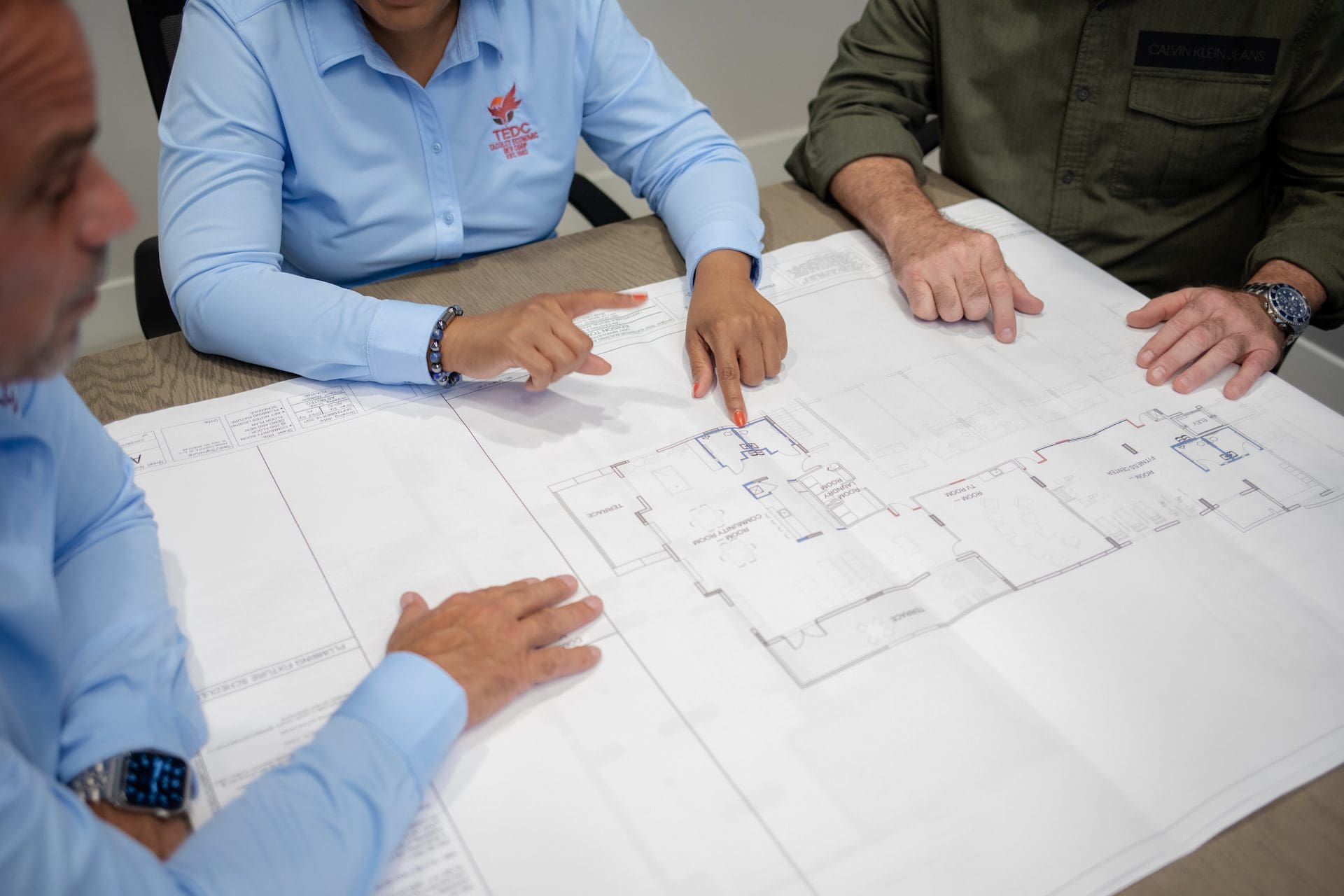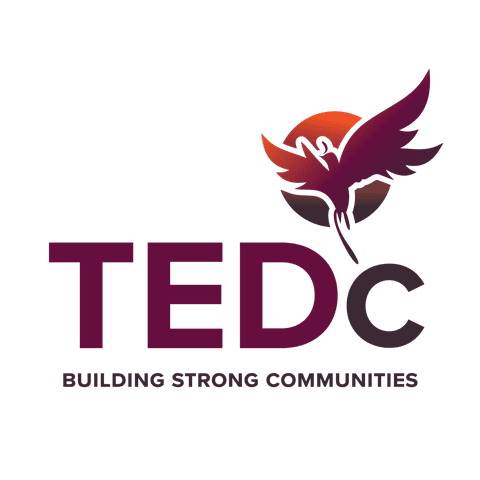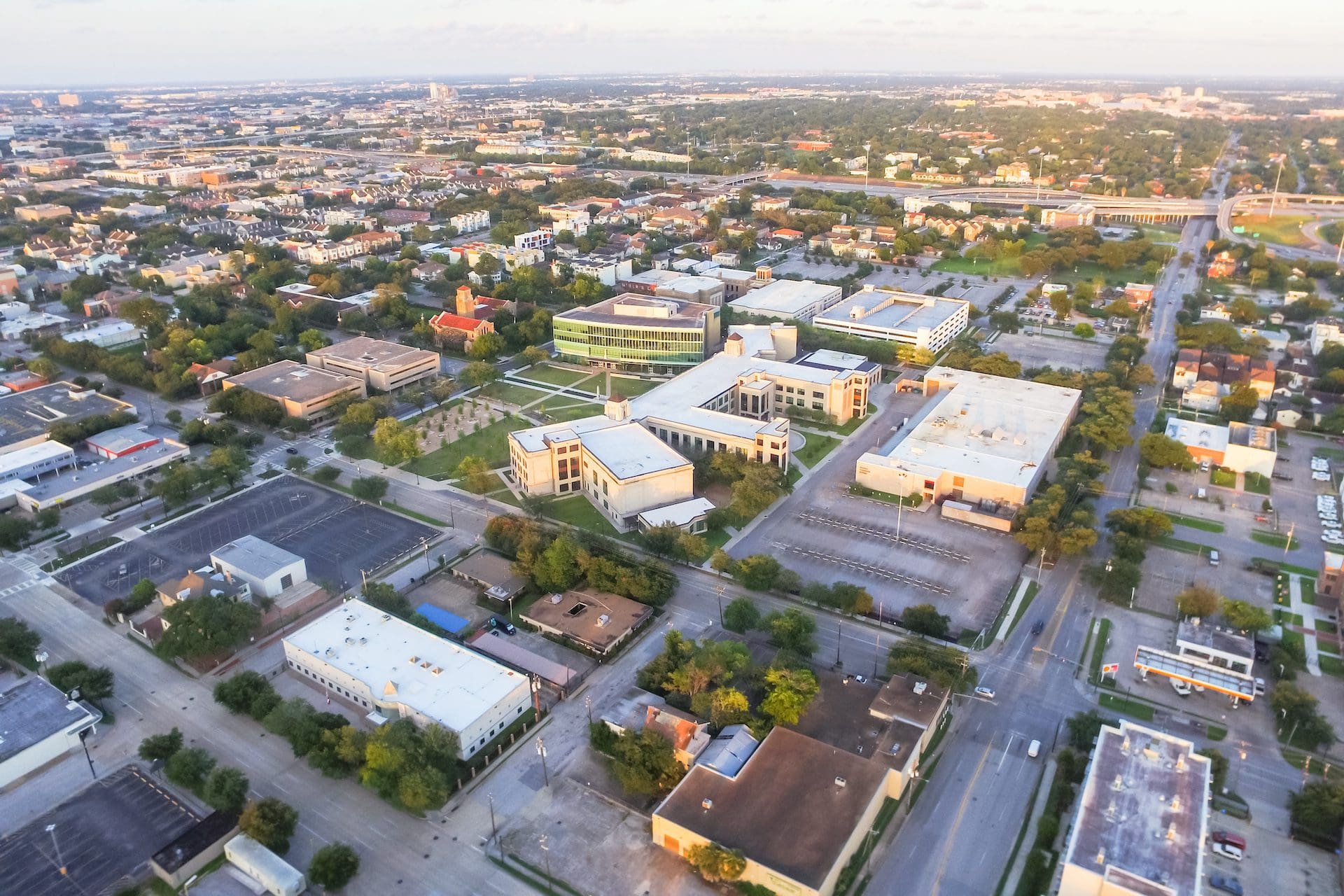Affordable Housing Development
Creating Flourishing Communities

Our contribution is to build housing that helps level the playing field for low- and middle-income families. We partner with community leaders and municipalities to find innovative ways to repurpose available land. At the same time, we have the expertise needed to secure public and private funding for the projects we undertake.
We’re able to use our experience and long-standing relationships to come up with creative solutions to address the shortage of affordable housing, while developing dynamic communities that are a joy to live in.
Affordable Housing: Empowering People to Drive Progress

Places
What one person sees as “housing” is another person’s home. We work to develop vibrant communities that meet residents’ needs, while fitting in with the broader community.

People
We don’t just develop properties. We build meaningful relationships with people, from our residents to the partners who make our work possible.

Progress
We move the community forward so residents are empowered to achieve their goals, and affordable housing becomes an engine for investment and economic growth.
Jeffrey Watson, Former Commissioner, City of Miami
Partnerships for Affordable Housing
Lenders
Lenders provide us with the capital we rely on to carry out complex building projects. By securing financing and construction loans from private lenders as well as funding from government entities, TEDc can get more done—faster.
Investors
Investors provide land where TEDc properties are constructed, as well as financial support for projects. We work with both public and private investors, among them individuals, enterprises, municipalities, churches, and universities. Together, we develop creative solutions for underutilized land that benefit both residents and investors.
Municipalities
Municipal leaders are under constant pressure to resolve issues caused by a deficit of affordable housing in their area. Their support not only helps ensure that our projects get built, but also that they’re woven into the fabric of the communities they serve.
Community Leaders
TEDc partners with community leaders—including faith leaders, non-profit organizations, colleges, and universities—to find creative ways to repurpose underutilized land, such as building affordable housing units above an existing parking lot. And when community leaders embrace affordable housing, their support helps us get buy-in from others to help us build thriving communities.
Partnerships for Affordable Housing
Lenders
Lenders provide us with the capital we rely on to carry out complex building projects. By securing financing and construction loans from private lenders as well as funding from government entities, TEDc can get more done—faster.
Investors
Investors provide land where TEDc properties are constructed, as well as financial support for projects. We work with both public and private investors, among them individuals, enterprises, municipalities, churches, and universities. Together, we develop creative solutions for underutilized land that benefit both residents and investors.
Municipalities
Municipal leaders are under constant pressure to resolve issues caused by a deficit of affordable housing in their area. Their support not only helps ensure that our projects get built, but also that they’re woven into the fabric of the communities they serve.
Community Leaders
TEDc partners with community leaders—including faith leaders, non-profit organizations, colleges, and universities—to find creative ways to repurpose underutilized land, such as building affordable housing units above an existing parking lot. And when community leaders embrace affordable housing, their support helps us get buy-in from others to help us build thriving communities.
Crystal Jackson, Development Manager, TEDc
The workforce housing communities that TEDc builds offer an affordable home to mail carriers, first responders, teachers, and government employees. Likewise, caregivers such as home health aides and daycare workers—as well as retail employees and food service workers—also benefit from workforce housing.
It’s hard to envision how our communities would function without firefighters, nurses, or pharmacy technicians. Yet when they can’t afford to live in the communities they support, they’re forced to relocate, leading to a shortage of qualified essential workers. And if services can’t be provided, it’s difficult to encourage companies to invest in the area and bring new jobs.
In other words, workforce housing supports individuals and families—but it also drives growth and stability in the surrounding area.
Let’s build a lasting legacy together.
Start a conversation about partnering with TEDc.




